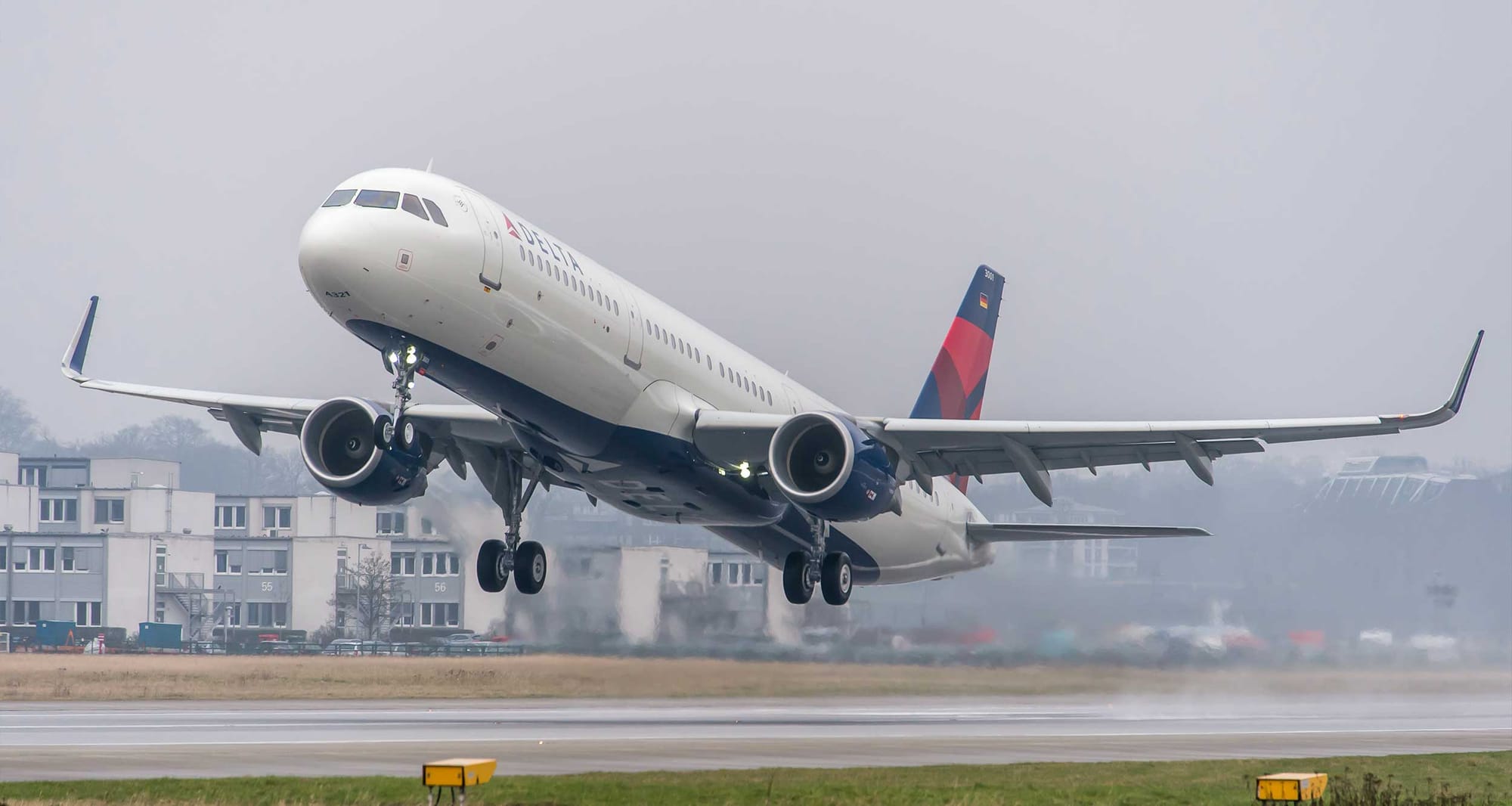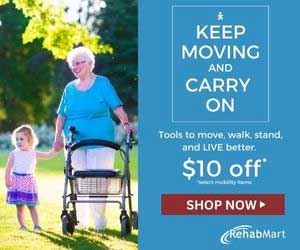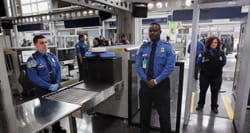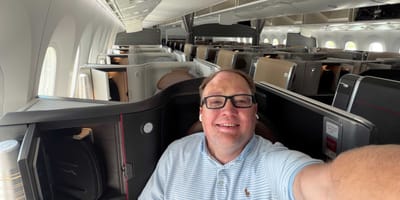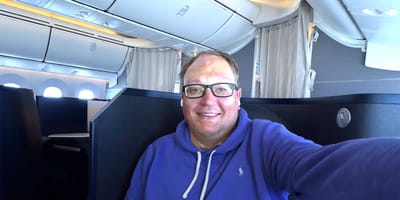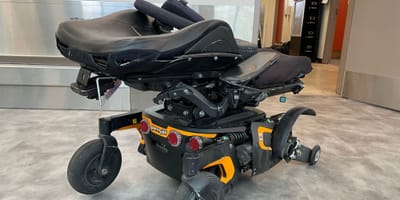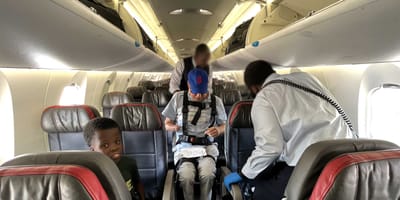Earlier this week, the Transportation Security Administration began publishing information about officers who have tested positive for COVID-19. The data set includes information about the airport where the officer worked, the security checkpoint they were assigned to and the hours of their shift.
For wheelchair users and disabled travelers who may have come into close personal contact with those officers during a full-body pat down, that information is critical and I applaud TSA for releasing it.
But TSA Officers are not the only people who may touch disabled passengers in the airport environment. For passengers needing assistance boarding the airplane, such as with the use of an aisle chair, as many as two or three wheelchair assistance staff could touch, lift, carry or otherwise handle them. There is no social distancing during these interactions, and the risk of transmission from an infected assistance staff person is significant.
I reached out to the three largest U.S. airlines — American, Delta and United, who employ assistance staff directly or through a contractor, and posed the following questions:
- Have any special assistance personnel, who might come into contact with disabled travelers, been exposed to or contracted COVID-19? If so, at what stations?
- Have individual passengers or federal/state/local governments/agencies been notified if contact has been suspected of occurring between passengers and an affected employee?
- What steps have been taken to minimize employees’ exposure?
- What policies have been implemented with respect to employees who may be exhibiting one or more symptoms of the virus?
None of the airlines responded with any substantial information, but here is what they did say.
American Airlines
“Posted on www.aa.com/coronavirus is a wealth of information about the measures we’ve put in place to support the health and well-being of our team members and customers. I would refer you there.”
The only pertinent information is found in a release titled American’s Commitment to Customer and Team Member Safety, which outlines a few measures taken to promote airport and aircraft cleanliness, but does not address my questions.
Delta Air Lines
Delta Air Lines did not respond to my request for information.
United Airlines
“Please reach out to ABM and the other contractors. These contacts would be the best resource to assist with this inquiry.”
I followed up with United and asked them to provide a list of contractors and the airports where they operate, but did not receive a response.
The largest airlines often provide disability assistance services using a combination of their own staff, those of wholly-owned subsidiaries and from third-party contractors. Each of the carriers I reached out to closely monitor the delivery of these services and possess the capability to identify which staff assisted individual passengers.
When an employee tests positive for the Coronavirus, airlines should notify disabled passengers who have come into direct contact with those team members. The fact that carriers are unwilling to answer basic questions about the steps they have taken to mitigate risk, if staff have been infected and at which airports cases were reported is deeply troubling.
During this pandemic, I strongly urge you to delay travel and observe the CDC’s guidelines for social distancing.
Featured image courtesy Delta Air Lines.

